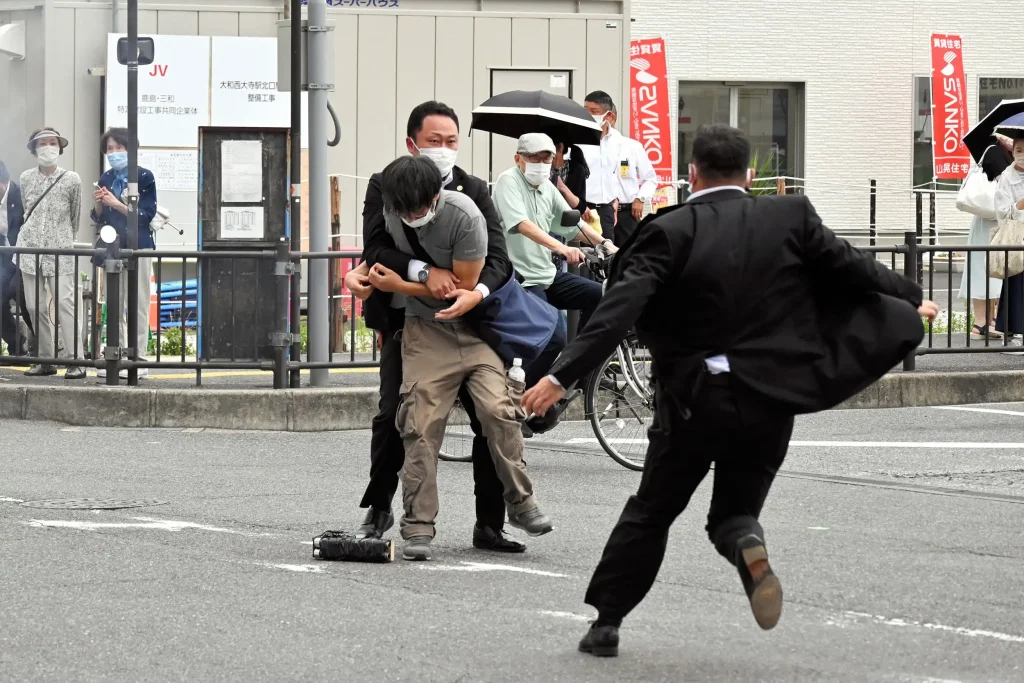A Japanese court has sentenced a man to death for a 2023 attack that killed four people through stabbings and gunfire.
The ruling dismisses defense claims of mental illness, spotlighting Japan’s strict stance on violent crime. This rare case of gun violence stunned a nation known for tight firearm laws.
Deadly Attack Shocks Nakano
In Nakano city, 34-year-old Masanori Aoki stabbed two women on a walk, then shot two responding police officers with a hunting rifle.
Wearing camouflage gear, including a hat and mask, he acted on perceived insults from the women.
No prior connection between Aoki and the victims is confirmed. Gun attacks, especially against police, are rare in Japan, with the last similar incident over 30 years ago.
Mental Health Defense Rejected
The defense argued for a life sentence, citing Aoki’s schizophrenia as reducing his responsibility. They claimed his condition clouded his judgment.
Prosecutors countered that Aoki acted in rage, fully aware of right and wrong. The court agreed, calling the acts brutally calculated, justifying the death penalty.
Standoff and Community Response
After the attack, Aoki barricaded himself in his family’s home for 12 hours before surrendering. His father, a local assembly leader, faced intense scrutiny.
Authorities kept residents indoors, using emails, loudspeakers, and door-to-door checks to ensure safety. The community stayed calm, but the event left lasting unease.
Japan’s Strict Gun Laws
Japan allows civilians to own only hunting rifles and airguns after rigorous tests, including mental health checks. Owners face strict storage rules and regular inspections.
With fewer than one gun per 100 people, firearm violence is rare. This case prompted tighter rules on “half-rifles” like Aoki’s, aiming to prevent future tragedies.
Broader Impact and Reflection
The verdict upholds Japan’s use of capital punishment for severe crimes, even as global trends lean toward alternatives.
It also raises questions about mental health support to prevent violence. The case, alongside rare events like the 2022 killing of a former leader, underscores the need for ongoing vigilance.
Japan’s swift legal response and stricter laws aim to preserve its low-crime reputation. As Nakano recovers, the nation reflects on balancing justice, mental health, and public safety.
This ruling closes a painful chapter but urges stronger prevention measures.




















